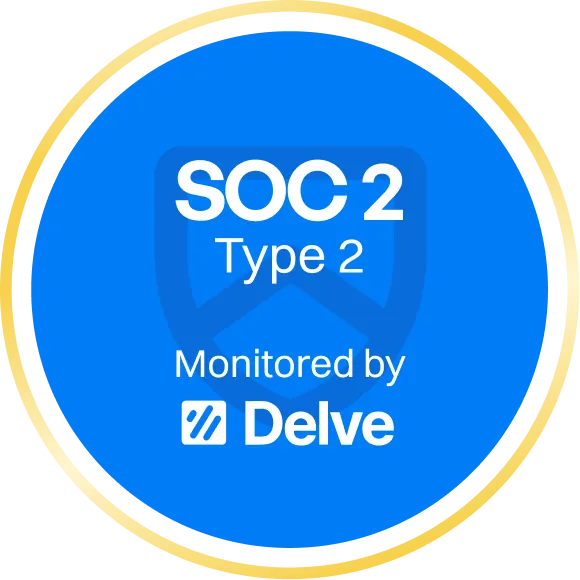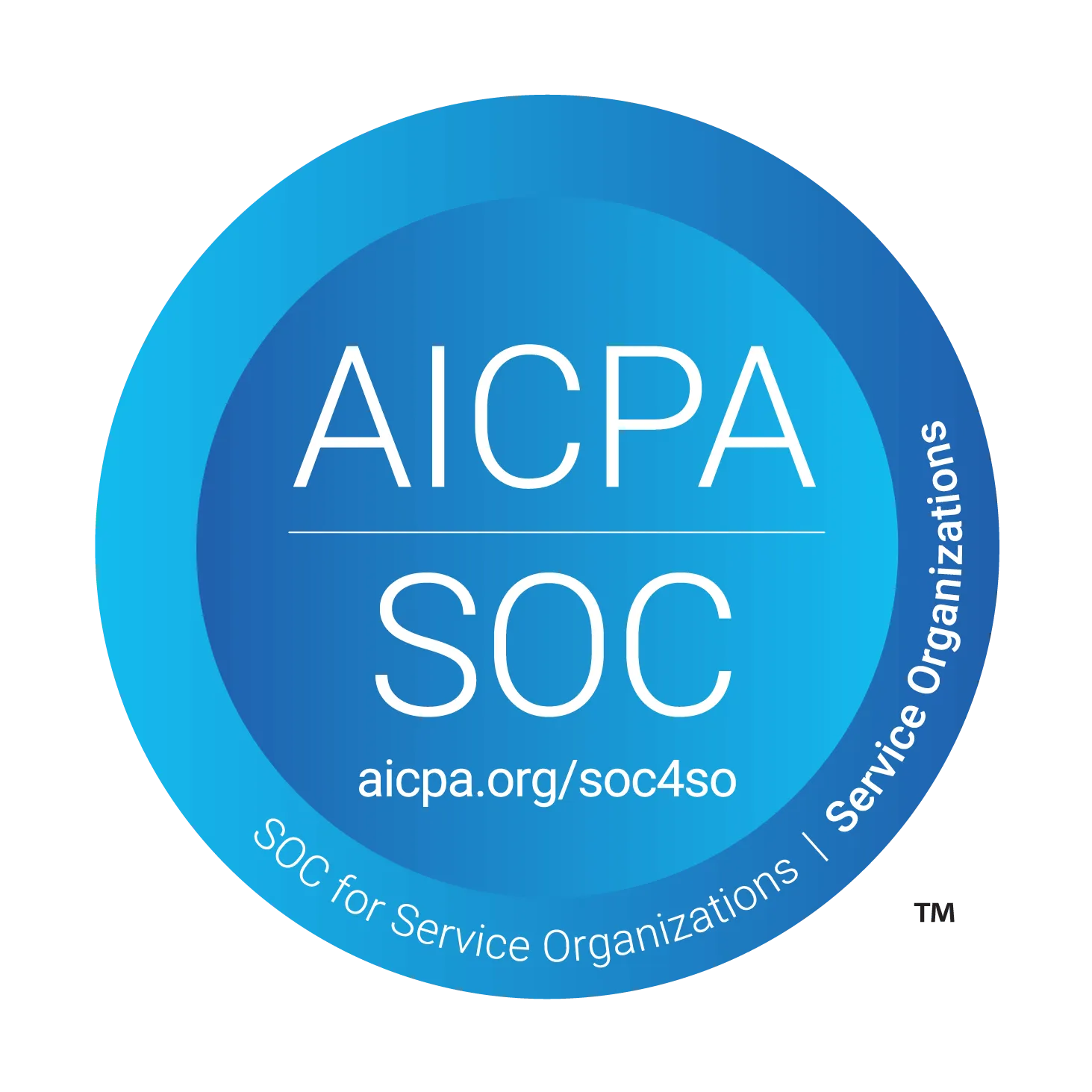Afterword is the first funeral home software with SOC 2 Type II Attestation

SOC 2 Type II

AICPA SOC
SOC 2 Type II is the most rigorous security attestation in the
software industry. This means an independent third-party auditor
endorsed Afterword for its security systems and processes. Unlike a Type
I report, which assesses security processes at a single point in time, the Type II audit validates their operational effectiveness over an extended period.
Attestation isn't just about checking a box. It's the ultimate validation
of our commitment to protecting the data of our clients and the families
they serve.
Our industry stores some of the most sensitive data
Security in all forms is a cornerstone of the Afterword platform. We recognize that our products are used during some of the most sensitive moments in people’s lives, and the data we handle is business-critical. For families, it holds deeply private and sentimental value that must be protected. For funeral providers, it carries all the weight of fiduciary, regulatory, and operational integrity required to serve families without compromise or fear. It is a profound ethical responsibility to secure data in the modern world, and we do not treat it lightly.
Our Security Summary Whitepaper
is available to everyone.
For our formal certifications and
policies, please request access on our
Compliance Dashboard
.